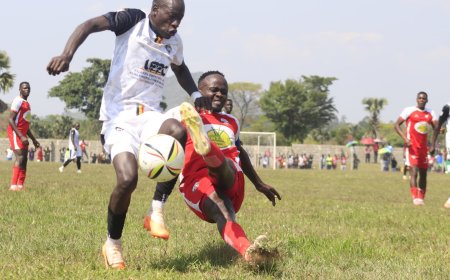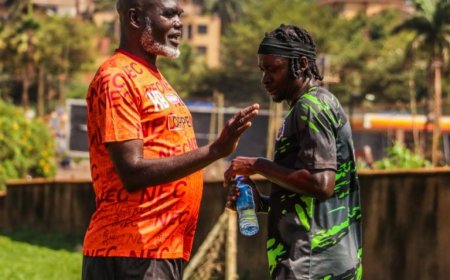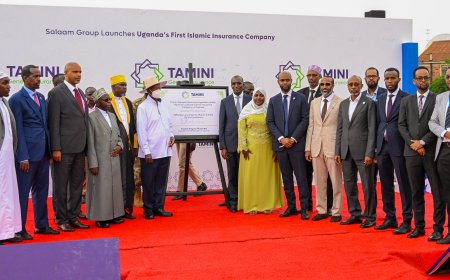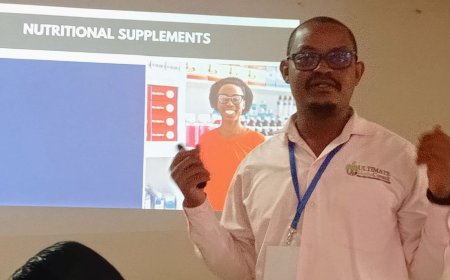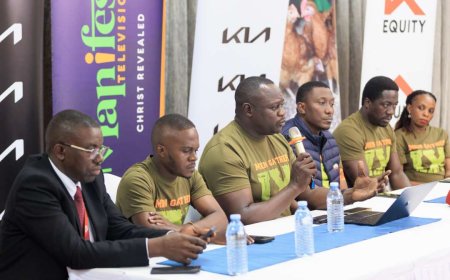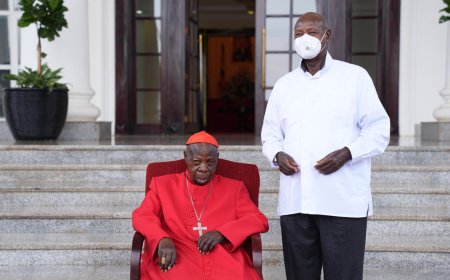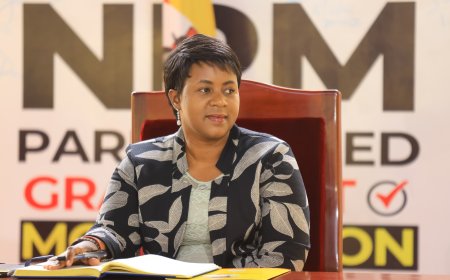Transgender athletes banned from women's events
Transgender women will no longer be allowed to compete in female track and field events regardless of their levels of testosterone, World Athletics president Sebastian Coe said Thursday, citing fairness over inclusion.
PARIS - Transgender women will no longer be allowed to compete in female track and field events regardless of their levels of testosterone, World Athletics president Sebastian Coe said Thursday, citing fairness over inclusion.
Coe said no transgender athlete who had gone through male puberty would be permitted to compete in female world ranking competitions from 31 March.
Speaking after a meeting of the global track and field federation's decision-making body, Coe said World Athletics had consulted with stakeholders including 40 national federations, the International Olympic Committee and trans groups about the issue of transgender athletes.
"The majority of those consulted stated that transgender athletes should not be competing in the female category," he said.
"Many believe there is insufficient evidence that trans women do not retain advantage over biological women and want more evidence that any physical advantages have been ameliorated before they are willing to consider an option for inclusion into the female category."
He added: "The judgement we took... was, I believe, in the best interests of our sport.
NOT SAYING 'NO' FOREVER
He said a working group headed by a transgender person would be created to further monitor scientific developments.
"We're not saying 'no' forever," Coe said.
"Decisions are always difficult when they involve conflicting needs and rights between different groups, but we continue to take the view that we must maintain fairness for female athletes above all other considerations.
"We will be guided in this by the science around physical performance and male advantage which will inevitably develop over the coming years. As more evidence becomes available, we will review our position, but we believe the integrity of the female category in athletics is paramount."
In a statement, World Athletics said it became apparent that there was "little support within the sport" for an option that was presented to stakeholders, which required transgender athletes to maintain their testosterone levels below 2.5nmol/L (nanomoles per litre of blood) for 24 months to be eligible to compete internationally in the female category.
"There are currently no transgender athletes competing internationally in athletics and consequently no athletics-specific evidence of the impact these athletes would have on the fairness of female competition in athletics.
"In these circumstances, the Council decided to prioritise fairness and the integrity of the female competition before inclusion."
World Athletics' ruling follows that of FINA, swimming's world governing body, which has stopped transgender swimmers who had gone through male puberty from competing in women's elite races.
World Rugby, in 2020, was the first international sports federation to rule that transgender male-to-females could not compete at the elite and international level of the women's game.
DSD RULES TIGHTENED
World Athletics also amended regulations covering athletes classified as DSD, in other words having "differences of sexual development".
The most high-profile DSD athlete is double Olympic 800m champion Caster Semenya of South Africa.
Under the new regulations, in order to compete in the female category, DSD athletes will have to reduce their amount of blood testosterone to below 2.5 nanomoles per litre, down from the current level of five, and remain below this threshold for two years, rather than just one, as is the case now.
The average level of testosterone in women is between 0.5 and 2.4 nmol/l.
World Athletics also removed the principle of restricted events for DSD athletes, meaning regulations now cover all events rather than the previously monitored ones, which were from 400m to one mile.














































